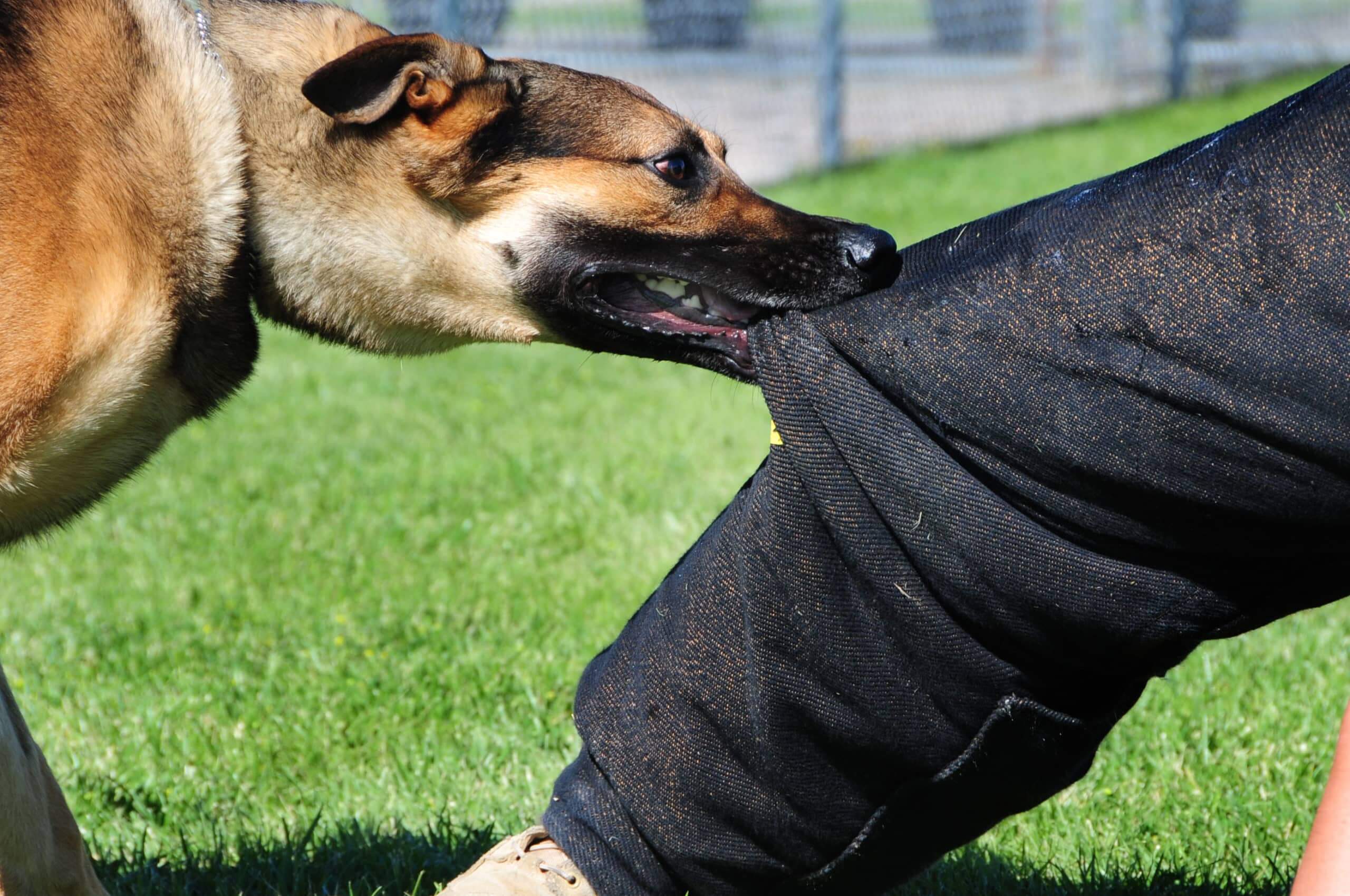
Statute Of Limitations for Filing a Claim
Dog bites are considered personal injuries in the Commonwealth of Pennsylvania. Dog bites come with a strict statute of limitations, which is the amount of time you have to file a legal claim for fair compensation. Anyone who has been bitten by a dog has two years from the date of the incident to file a claim. Minors, however, have until their 20th birthday to do so.
Dog Confinement and Housing Laws
The Commonwealth of Pennsylvania has dog confinement and housing laws that dog owners need to obey at all times. These laws state that dog owners need to keep a dog confined in a house or a yard where it cannot reasonably escape. If the dog is outside the owner’s property, then the dog must be on a leash. An exception is if the owner can prove the dog was being reasonably controlled by a person in some other way such as being in a dog carrier or being held securely by an adult.
When an Owner Is Liable for a Dog Bite
The owner of a dog could be liable for a bite if the dog attacked another person without any type of provocation. This is true even if the dog is on a leash. The easiest way to pin liability on a dog owner is if any of the various dog laws were violated, and the violation of those laws resulted in the bite or attack. This includes walking a dog without a leash or leaving the dog in a yard without a complete fence. A dog owner found liable for a bite is responsible for paying the victim all damages related to the injury, including medical bills, pain and suffering, out-of-pocket expenses, wage loss and future medical treatment, which is usually the case when the attack results in scarring.
Dangerous Dogs
Some dogs in Pennsylvania are legally labeled as dangerous dogs. Dangerous dogs have attacked or injured a person or an animal without any provocation. This attack could take place in public or on private property if the victim was not trespassing. Dangerous dogs must also have a pattern of violence. Owners of dangerous dogs are held to much higher standards. The dog cannot leave the owner’s property without a muzzle and a thick leash, and they must have insurance to cover the dog. This makes it more likely the owner will be found liable if a dangerous dog bites a person outside the property.
Provocation and Trespassing
Provocation and trespassing can minimize or actually remove liability from the dog owner after a bite occurs. Provocation means the victim of the bite actively attempted to harass, harm, or do other things to the dog that could reasonably result in an attack. For example, I have had cases where the victim was down all all fours, and was “playing” with the dog by growling and lunging. Of course, the dog reacted, and the client was seriously injured. Had the client not been provoking the dog in this way, the attack would not have occurred.
Trespassing means a person knowingly came onto private property. Dog owners are not responsible for what happens on their property if a trespasser gets hurt. For example, if someone sneaks onto your property to break-in and rob you, and during that robbery your dog attacks the robber, too bad for the robber.
These are both common defenses against dog bite claims.
Being bitten by a dog can be a traumatic and costly experience. You might need expensive medical treatments and could lose income. You might even have a permanent disability or permanent scarring after the dog bite. If you or someone you know has been bitten by a dog, then call me today, or fill out the online contact form.